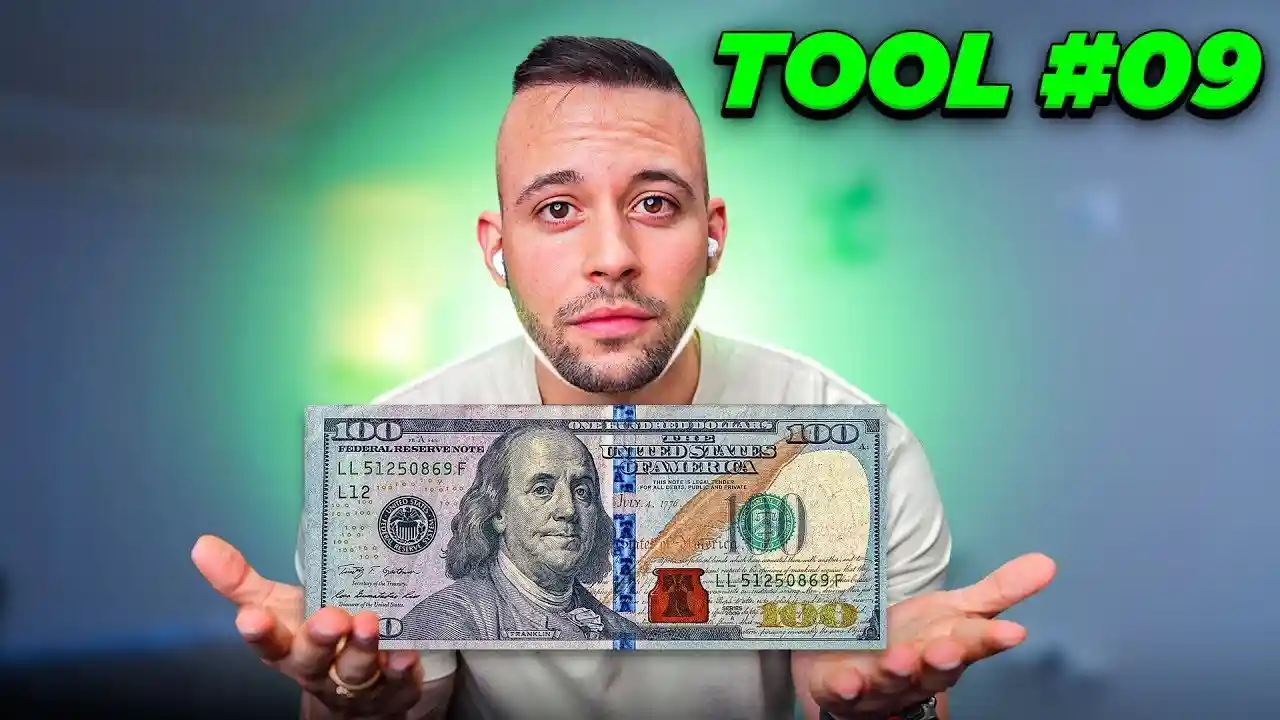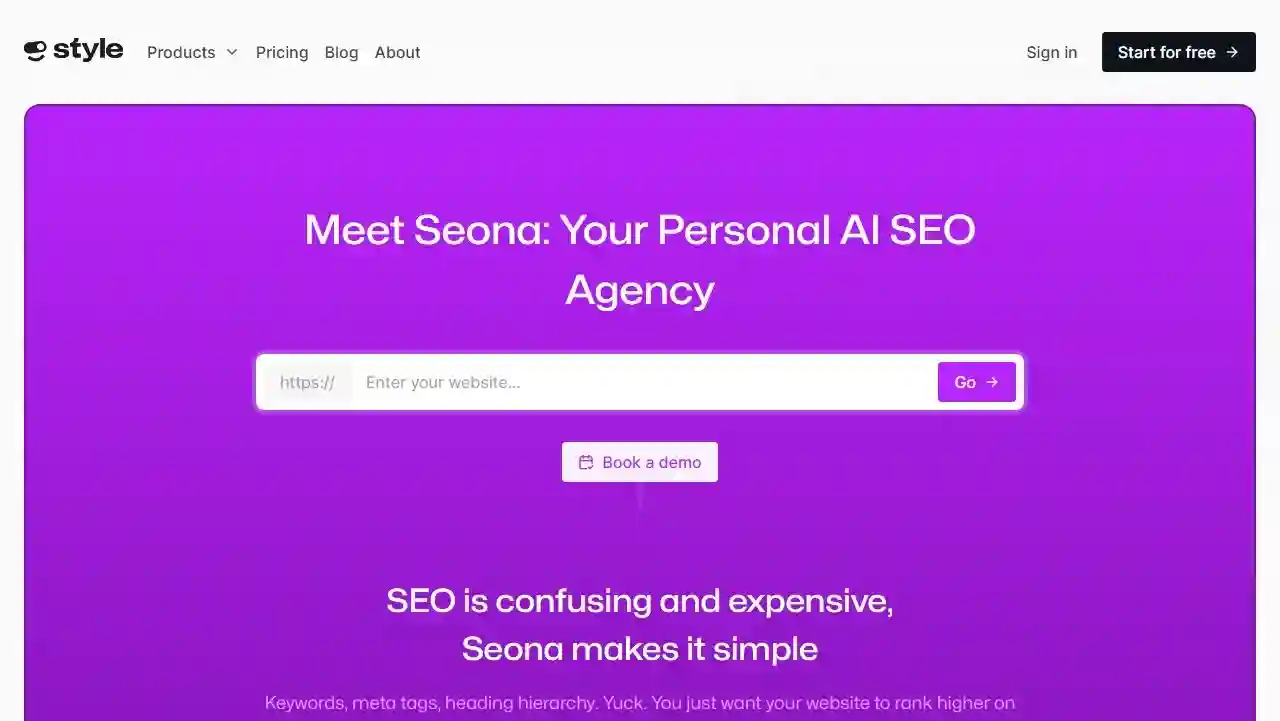A Beginner’s Guide to Creating Your Own News or Blog Website with WordPress
Are you ready to embark on a journey to create your very own website without any coding skills? You’ve made a wise choice, and in this article, we’ll guide you through five easy-to-follow steps to build a professional WordPress website that can attract visitors, boost your online presence, and potentially save you thousands of dollars. So, let’s get started on your website-building adventure!
1. Getting Hosting: Your Website’s Home

Before you start creating your website, you need a reliable hosting provider. We recommend Hostinger for its speed, reliability, and affordability. Here’s how to get started:
- Visit Hostinger or use our provided link for a discount.
- Choose your preferred hosting plan. We recommend the Business Web Hosting plan for the best features.
- Select the duration; we suggest a longer plan to lock in lower rates.
- Create your account and apply the coupon code “Central” for an extra discount.
- Claim your free domain and complete the registration.
Must Read: 10 Essential SEO WordPress Plugins for Top Rankings
2. Choosing the Perfect Theme for Your Website

Now that you have hosting in place, it’s time to make your website visually appealing. We recommend the Astra theme and Elementor page builder. Here’s how to set it up:
- Install and activate the Astra theme.
- Use Elementor to choose a suitable template for your website.
- Customize the template to match your preferences, including fonts, colors, and content.
3. Customizing Your Website with Elementor

Elementor is a user-friendly drag-and-drop editor that allows you to create and customize your website’s content. Here’s a quick overview of how to use it:
- Access Elementor by clicking “Edit with Elementor” on your page.
- Edit sections and columns by clicking on them and using the left-side editor.
- Change text, images, and other elements by double-clicking and using the editor.
- Preview your changes to see how they’ll look to your visitors.
- Make sure your website looks great on mobile devices by using the responsive mode.
4. Optimizing Your Website for SEO

To ensure your website ranks well on search engines like Google, consider these SEO practices:
- Install the Yoast SEO plugin to optimize your content and meta tags.
- Research keywords relevant to your niche and incorporate them naturally into your content.
- Write high-quality, engaging content that provides value to your audience.
- Optimize images for faster loading times and better user experience.
- Create a sitemap and submit it to search engines for easy indexing.
5. Managing Plugins and Enhancing Functionality

WordPress offers a vast selection of plugins to add functionality to your website. Here are some essential plugins to consider:
- Akismet: Protects your website from spam comments.
- MonsterInsights: Provides valuable insights into your website’s performance.
- Wordfence Security: Enhances your website’s security.
- WP Super Cache: Improves your website’s loading speed.
- UpdraftPlus: Backs up your website to prevent data loss.
Conclusion: Your Website, Your Voice
Congratulations! You’ve successfully created your own website using WordPress. With the right hosting, theme, customization, SEO, and plugins, you have the tools to make your website stand out. Remember that your website is a reflection of your ideas and passions. Keep it fresh, engaging, and relevant to your audience.
FAQs (Frequently Asked Questions)
Q1: How long does it take to create a website with WordPress?
A1: The time to create a website varies depending on your familiarity with WordPress and the complexity of your design. However, following these steps, you can create a basic website in a matter of hours.
Q2: Do I need coding skills to build a WordPress website?
A2: No, you don’t need coding skills. WordPress and page builders like Elementor allow you to design and customize your website without writing code.
Q3: Can I change my website’s theme later on?
A3: Yes, you can change your website’s theme at any time. However, be cautious as it may require adjustments to maintain your website’s appearance and functionality.
Q4: How can I improve my website’s loading speed?
A4: To improve loading speed, optimize images, use a caching plugin like WP Super Cache, and choose a fast hosting provider like Hostinger.
Q5: Is it necessary to update plugins regularly?
A5: Yes, updating plugins is crucial for security and performance. Outdated plugins can pose security risks and may not be compatible with the latest WordPress version.
Now that you have the knowledge and steps to create your website, dive in and let your creativity flow. Your online presence awaits, and your voice deserves to be heard. Happy website building!



![How to Convert Figma to Elementor for FREE 2024? [3 Steps]](https://themtvhustle.com/wp-content/uploads/2023/12/How-to-Convert-Figma-to-Elementor-for-FREE-2024-3-Steps.webp)





Wow!
Well-explained post.
Really helpful as I was new to WordPress and was not able to complete setting up my blog and after reading this post I followed the steps and my blog is good to go..
Thank you for sharing this blog.